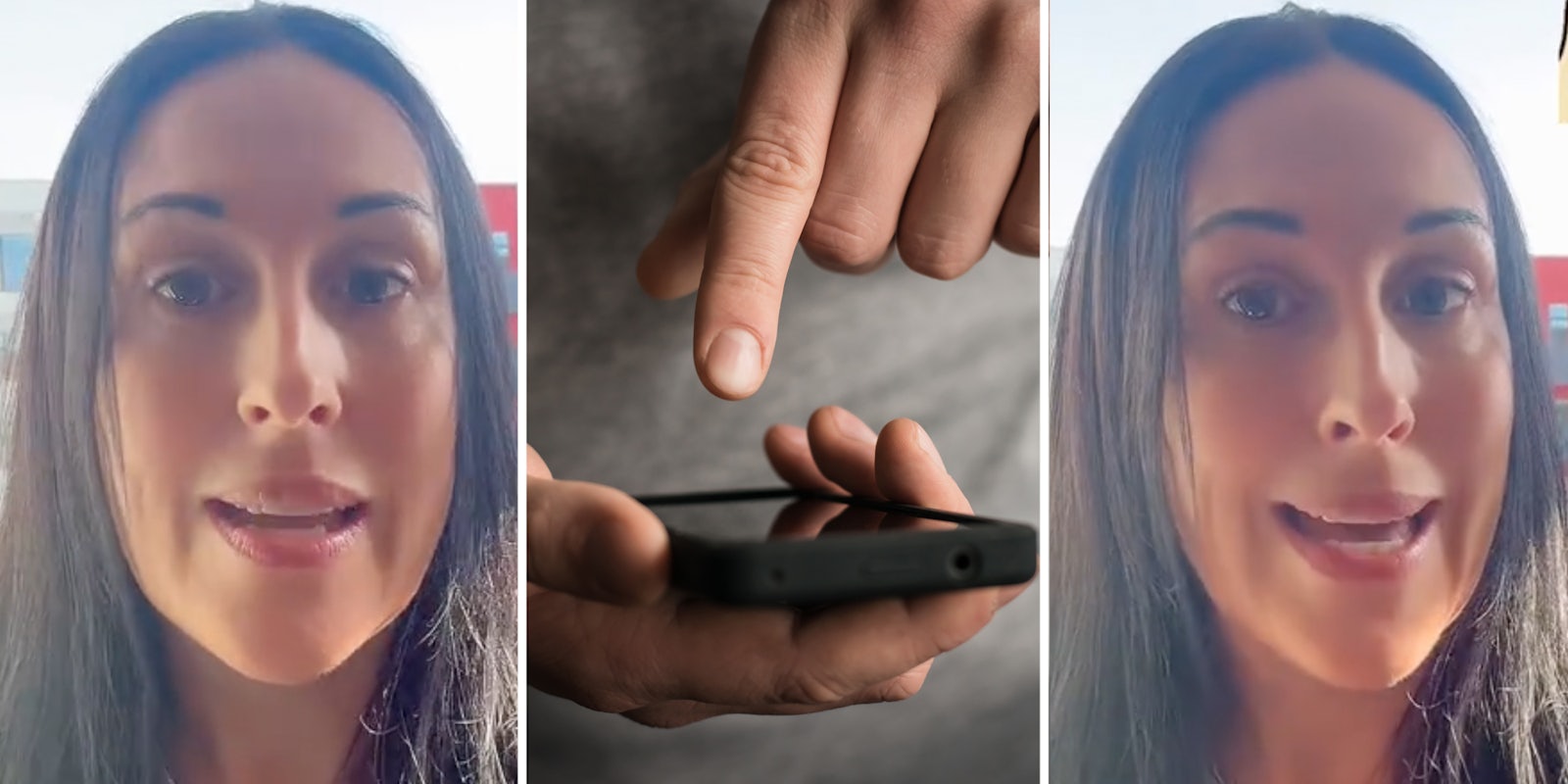A female private investigator is warning people about the potential vulnerability they’re opening themselves up to when responding “STOP” to text messages from businesses.
TikTok creator Lisa (@therealpinklady), who describes herself as a “female private investigator and business consultant,” said in a recent video that sending such a response could give private investigators access to information from your phone. As of Wednesday evening, her video has been viewed more than 2 million times. So far, the video has received mixed reactions, with some arguing that private investigators could be in murky legal territory if they use this method.
“It could be a scam, [but] that’s also how [private investigators] are able to ping cellphones,” Lisa said in her video. “We can’t do it like the cops can. However, when you respond to the text that’s giving permission to give your location.”
Lisa went as far as to reiterate in a follow-up video that she’s not lying, and she said private investigators use a specific website to help them carry out the practice.
“Your location is absolutely accessible to people that it shouldn’t be,” Lisa said in the video.
The Daily Dot reached out to Lisa via TikTok comment for further information about her assertion.
@therealpinklady I don’t make the rules, just educating on what we can do as private investigators #investigation #pinkladylisa #privateinvestigator #femaleprivateinvestigator #pinkladysolutions #fypシ ♬ original sound – Pink Lady Spy Lisa
One commenter pointed to a U.S. Supreme Court case to call Lisa’s argument into question. In 2018, the Supreme Court ruled in Carpenter v. United States that the government needs a warrant to access people’s cellphone location history, according to the American Civil Liberties Union.
Reports from various news organizations have revealed that users’ phone data can be easily accessible by some companies. In 2018, the New York Times reported that people’s location information can be sold without their knowledge to advertisers or retail outlets.
It’s unclear what are the legal parameters around a private investigator accessing someone’s location via text message. Several blogs online stress that private investigators can only access information via legal means. Cellphone carriers largely warn customers not to respond to spam text messages. For example, Verizon Wireless says on its website that to help block spam texts, customers should not respond to unwanted/suspicious text, even if they’re just replying “STOP.”
It seems that Lisa’s assertion caused confusion among a lot of viewers, making them skeptical of the texts they received.
“Honestly would love a source on that but how fascinating,” user Amber Urich (@thelesbrarian) said.
“This is not how it works and the response is not giving permission to anything,” user Dustin (@drich843704) argued. “Everything she is saying is completely false.”
The internet is chaotic—but we’ll break it down for you in one daily email. Sign up for the Daily Dot’s web_crawlr newsletter here to get the best (and worst) of the internet straight into your inbox.


